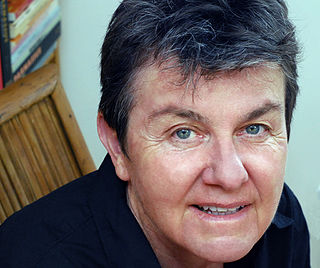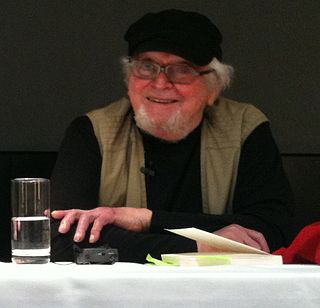A Quote by Jonathan Swift
So geographers, in Africa maps, With savage pictures fill their gaps, And o'er uninhabitable downs Place elephants for want of towns
Related Quotes
Letter 1
To the princess of the elephants,
I disappeared exactly one year ago. On that day I received a letter. It called me back to the place where my life with the elephants began
Please forgive me, for the silence between us has been unbroken for one year.
I will never be more of myself than in these letters.
They are my maps of the bird path, and they are all that I know to be true.
For me, it is about using everything that is there and using the gaps in the record, figuring out why the gaps might be there. And then when you move on to the level of what historians said, laying the interpretations side by side. You also have to look back at the documents and make your own judgments. What the record says and what people say about it. A novelist can fill the gaps in a way that a biographer cannot.
All I know for sure is that dreams are the pictures of states wanting to turn into processes. Dreams are maps of the beginning of an otherwise unchartered trip into the unknown. They are pictures of the unknown which appear in many channels. Because process work is body-oriented, I put a stress upon feelings, but dreams are not pictures of just feelings; they are pictures of the way the unknown is showing itself in a given moment.
Taking the continent as a whole, this religious tension may be responsible for the revival of the commonest racial feeling. Africa is divided into Black and White, and the names that are substituted- Africa south of the Sahara, Africa north of the Sahara- do not manage to hide this latent racism. Here, it is affirmed that White Africa has a thousand-year-old tradition of culture; that she is Mediterranean, that she is a continuation of Europe and that she shares in Graeco-Latin civilization. Black Africa is looked on as a region that is inert, brutal, uncivilized - in a word, savage.






































